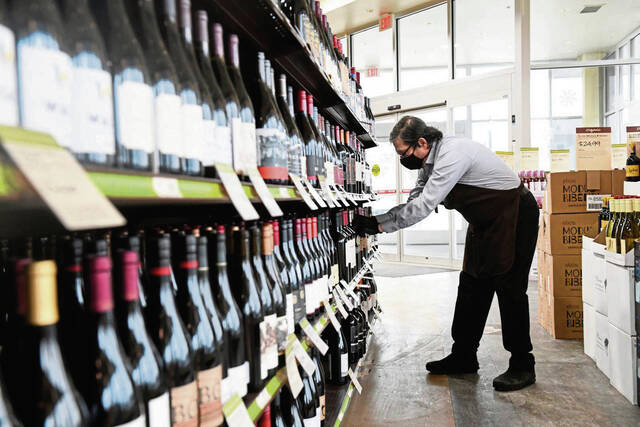Addiction is a complicated thing.
It is a craving for something that creates a pleasurable response in the brain, prompted by the way chemicals such as dopamine and serotonin swirl around in the system. We generally associate it with regulated or illegal substances such as opioids or nicotine or alcohol, but the brain can feel that rush of enjoyment with all kinds of stimuli.
Danger. Chocolate. Shopping. Anything that causes that kind of bliss can train the brain to crave it over and over again.
That is why vices are so dangerous. Not because they are necessarily bad or wrong or immoral. People can become addicted to the endorphin high of intense exercise, something your doctor might recommend.
The problem is that anything that creates a craving can become something that leads to bad choices and overdoing. The chocolate bar becomes binge-eating. The shopping becomes lying about credit card debt. Drugs become more drugs, more often and more risky behavior to obtain them.
A new bill is proposing a way to avoid the temptation of one common source of addiction: alcohol.
Rep. Matt Dowling, R-Fayette/Somerset, wants to see a voluntary list that would allow anyone struggling with alcoholism to remove one avenue of temptation. It would allow someone to request exclusion from purchasing alcohol at the state-run Fine Wine & Good Spirits stores or any business with a state liquor license.
This isn’t a new concept, but it is a new application. The Pennsylvania Gaming Control Board offers self-exclusion options. This allows people with a gambling addiction to register so they are not able to play at casinos and offsite venues.
Dowling understands the risks as someone who struggles with alcohol addiction, and who has a pending DUI charge from a June crash.
Although the bill has bipartisan support, it is far from a done deal. There will be and should be questions about how it will work and whether it would remain voluntary. Could people be compelled to register at sentencing?
But as an added option to bolster self-control, it seems to have merit. Restaurants, bars and state stores are hard to avoid. There are even delivery options on phones.
Many of the state’s harder limits have been relaxed in recent years. This could be one way to not impose control or levy judgment on people who are dealing with a complex health problem. Instead, it lets someone who needs help ask for help.








